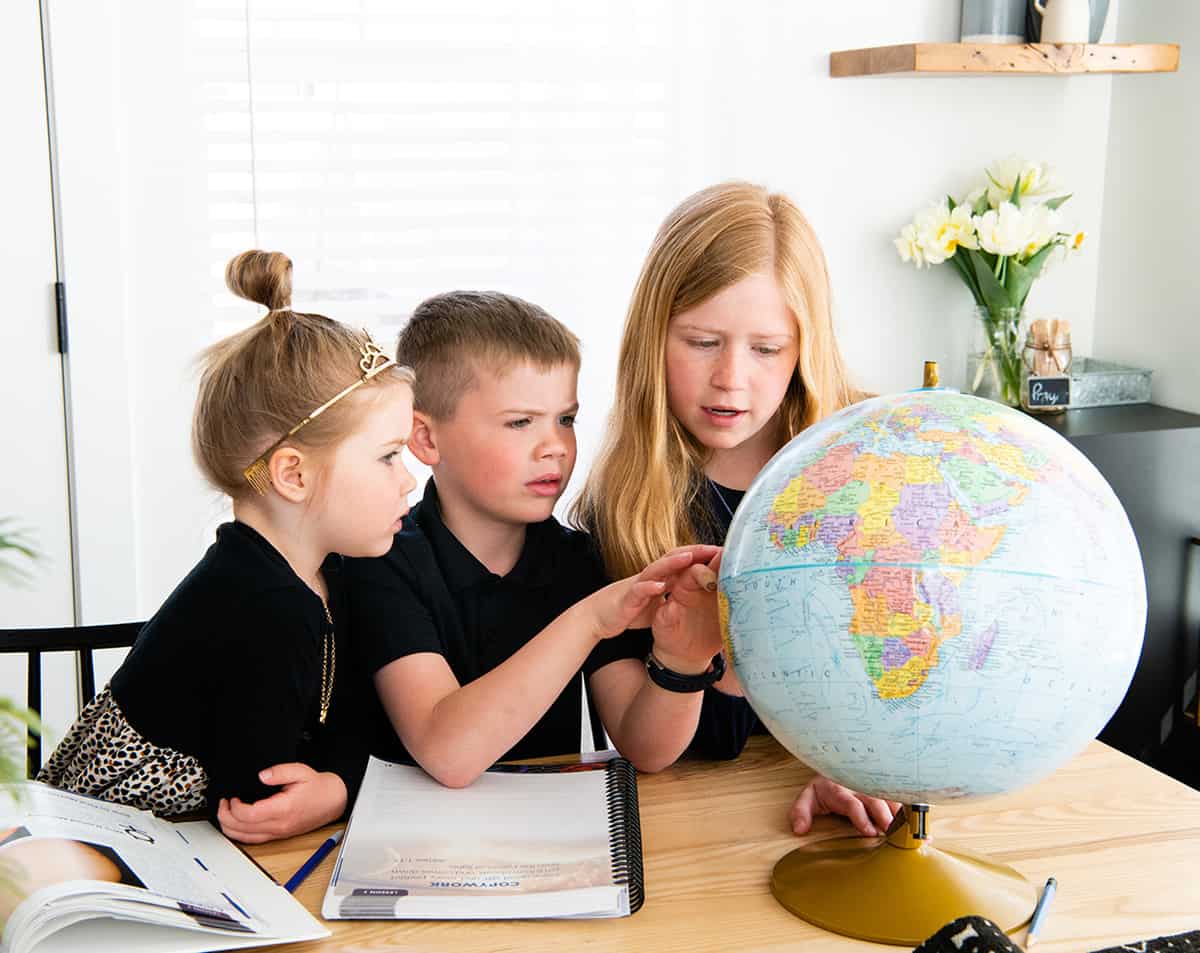Rise by Six: Your Daily Dose of Inspiration
Explore insights and stories that elevate your day.
Homeschooling: Adventures in Learning Outside the Box
Discover unconventional homeschooling tips and exciting learning adventures to inspire creativity and growth outside the classroom!
Top 10 Creative Homeschooling Activities to Inspire Your Child's Learning
As parents look for engaging ways to support their child's education, creative homeschooling activities can provide an incredible opportunity to inspire learning in fun and interactive ways. Here are ten imaginative ideas to get you started:
- Nature Scavenger Hunt: Take learning outdoors by creating a scavenger hunt. Equip your child with a list of items to find, such as specific leaves, rocks, or insects, turning their exploration into a fun biology lesson.
- Cooking with Math: Combine culinary skills with mathematics by involving your child in the cooking process. Encourage them to measure ingredients, follow fractions, and even scale recipes up or down.
- Artistic Expressions: Encourage creativity through painting or crafting projects. Integrate lessons on colors, shapes, or even famous artists to deepen their appreciation for the arts.
- Storytime Theater: Foster a love for literature by having your child act out their favorite stories. This fun twist encourages imagination and strengthens comprehension.
- Science Experiments: Engage your child's curiosity with simple science experiments at home. Projects like creating a volcano or growing crystals can transform abstract concepts into hands-on experiences.

How to Create a Customized Curriculum for Your Homeschooling Journey
Creating a customized curriculum for your homeschooling journey allows you to tailor the educational experience to fit your child's unique learning style and interests. Start by assessing your child's needs and preferences, which can include everything from their preferred learning methods to their favorite subjects. This initial assessment helps you determine the key areas of focus for your curriculum. Next, research various educational resources, such as workbooks, online courses, and hands-on activities, that align with your child's learning preferences. By integrating a mix of materials, you can keep your lessons engaging and effective.
Once you've gathered resources, organize them into a structured plan that outlines weekly and monthly goals. You can utilize a calendar or planner to schedule lessons and activities, ensuring a consistent flow of education. Consider incorporating a variety of teaching methodologies, such as project-based learning, to foster creativity and critical thinking. Additionally, regularly review and adjust your curriculum to reflect your child's progress and evolving interests. Homeschooling is a dynamic process, and customization is key to keeping your child motivated and excited about learning!
What Are the Benefits of Learning Outside the Traditional Classroom?
Learning outside the traditional classroom offers a multitude of benefits that can enhance student engagement and understanding. Hands-on experiences in real-world settings allow learners to apply theoretical concepts in practice, making the material more relatable and memorable. For instance, field trips to museums or nature reserves can ignite a passion for the subject matter that textbooks alone often fail to achieve. Additionally, this method of learning can foster critical thinking skills, as students are encouraged to explore and question their environment.
Moreover, education beyond the classroom setting promotes social skills and teamwork. Collaborative projects in community spaces or outdoor education encourage students to communicate effectively and work collectively towards common goals. By interacting with diverse groups of people, learners develop not only their interpersonal abilities but also cultural awareness. These experiences prepare students for future challenges in both their personal and professional lives, shaping them into well-rounded individuals ready to tackle the complexities of the world.